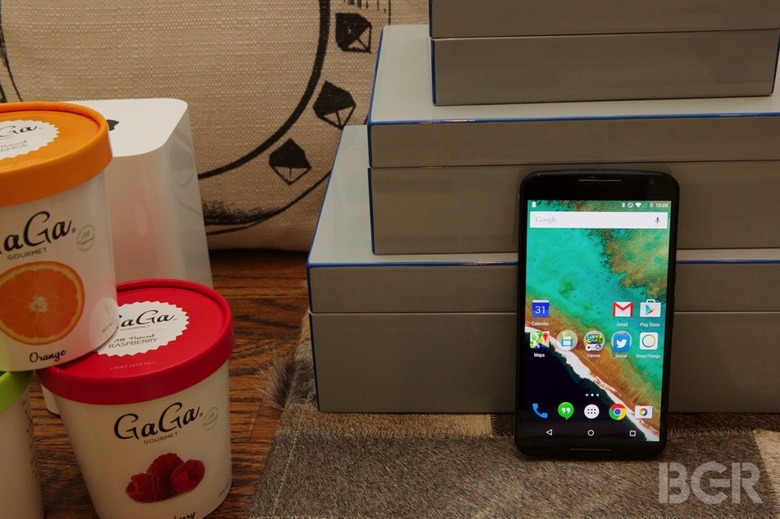Carriers Have Officially Ruined The Best Thing About Nexus Smartphones And Tablets
The most important feature of Nexus smartphones and tablets is the software. These devices are specifically crafted by Google and its partners so that the latest pure Android version can be shown off in all its glory and used by smartphone owners and developers as soon as Google releases it. However, moving forward, Nexus devices may not receive new Android OS updates as quickly as they used to, at least those handsets and tablets that are sold by carriers.
FROM EARLIER: The iPhone 6 might be low-res, but Apple's highest-resolution device ever is coming soon
Google has changed its Android update policy, Android Police reports, saying that "based on your carrier, it may take longer than two weeks after release to get an update," on a Nexus or Google Play Edition device.
This isn't the first time certain carriers will delay an Android update for a Nexus handset or tablet, but it looks like Google is finally acknowledging the fact that carriers will have a bigger say in future Nexus Android updates.
Earlier this year, Google confirmed that it needs the carriers' help to put the Nexus 6 in as many hands as possible. Even if it's more expensive than its predecessors, the Nexus 6 might sell better, Google said, as many mobile operators will subsidize the top Android handset.
As Android Police points out, this Android update policy change isn't necessarily a bad move, as carriers could spot certain errors in future Android releases, and prevent a buggy update from rolling out to users. On the other hand, Nexus users may always manually upgrade their handsets to the latest Android version available, without having to wait for a carrier to approve the release.
More details about this update policy change are available at the source link.
